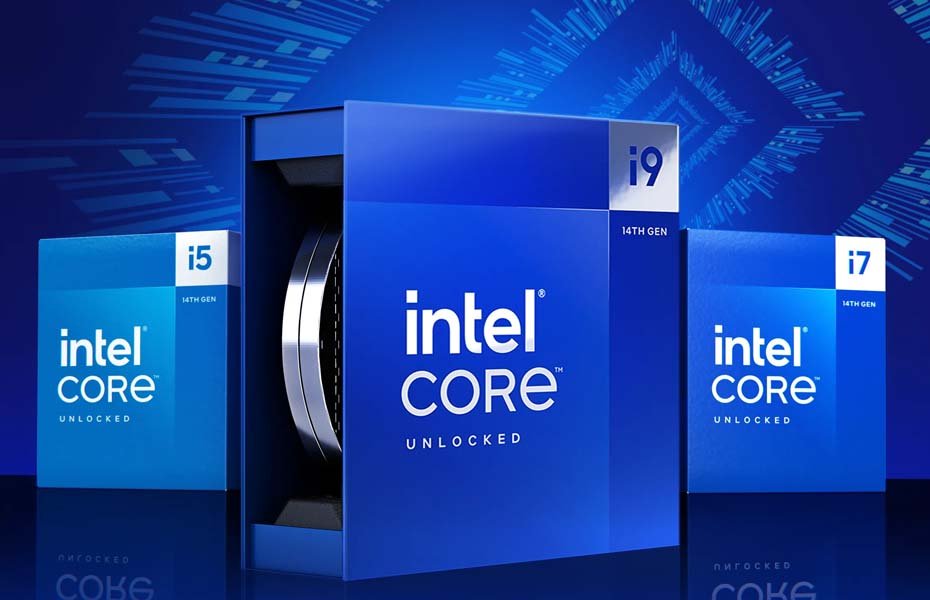
Intel’s Response to CPU Degradation Reports: What You Need to Know
In recent months, there have been reports that Intel CPUs may degrade over time, leading to slower performance. This can sound scary, especially if you rely on your computer daily! But don’t worry—Intel has addressed these concerns. Let’s break down what’s happening, what Intel is doing about it, and how you can keep your computer running smoothly.
What is CPU Degradation?
CPU degradation refers to the gradual wearing down of the central processing unit (CPU) in your computer. Over time, it can lead to a reduction in performance or even failure. Factors like overheating, overclocking (pushing the CPU to run faster than designed), and long-term heavy usage can contribute to this problem.
Intel's Response
Intel has taken these reports seriously and is working to reassure its users. The company has conducted internal reviews and investigations to figure out the root cause. So far, Intel has confirmed that the issue is limited to specific models and conditions.
Here’s what Intel is doing:
- Firmware Updates: Intel has released updates to the CPU’s firmware, which can help improve performance and reduce wear.
- Guidelines for Overclocking: Intel has advised users to follow safe practices when overclocking to avoid unnecessary strain on the CPU.
- Customer Support: Intel offers customer support for those experiencing issues. If you believe your CPU is degrading, you can contact Intel for guidance or potential replacement if it’s under warranty.
Step-by-Step Guide: How to Check for CPU Degradation
Download CPU Monitoring Software: There are several tools available online, such as Intel’s Extreme Tuning Utility (XTU), that can help you check the health of your CPU.
Run a Stress Test: A stress test pushes your CPU to its limits, helping you determine whether it’s performing as expected. Use the monitoring software to run this test.
Monitor Temperatures: If your CPU gets too hot during normal use or a stress test, it may be a sign of degradation. Ensure your cooling system (like your fan) is working properly.
Check Performance Over Time: If you notice that your CPU performance has been gradually decreasing over several weeks or months, it may be due to degradation.
Contact Intel Support: If you notice significant performance drops or overheating, reach out to Intel. They can provide further steps and help you decide if your CPU needs to be replaced.
How to Prevent CPU Degradation
Keep Your PC Cool: Overheating is one of the biggest causes of CPU degradation. Ensure your computer is well-ventilated and clean from dust.
Avoid Extreme Overclocking: Overclocking can boost performance but also shortens the lifespan of your CPU. If you’re unsure about safe limits, it’s best to avoid it.
Update Firmware Regularly: Check Intel’s website for the latest firmware updates to ensure your CPU runs efficiently.
While CPU degradation can seem concerning, Intel has shown its commitment to addressing the issue. By following their guidelines and taking simple precautions, you can keep your computer running smoothly for years to come!
Related Posts

How Much RAM Do You Really Need

How to Rename Multiple Files at Once

